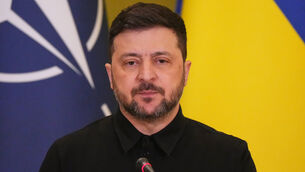World rallies in war against Aids
Tens of thousands of Aids activists and health workers rallied worldwide today to mark World Aids Day and officials announced new initiatives and millions of pounds in new funding to combat the disease that has infected 40 million people, and kills more than 8,000 sufferers everyday.
The World Health Organisation and UNAIDS promised cheaper drugs, simpler treatment regimens and more money as part of a major campaign launched in Nairobi to provide three million HIV-infected people with the latest drugs available by the end of 2005,.














